I suppose I could probably get a Polish passport. Both of my maternal grandparents were Poles, displaced by war and Holocaust. Neither ever went back, because neither had anything to go back for. So a passport is the least they could do. The buggers owe me a house.
There’s Lithuania on the other side, but that would probably be a bit of a stretch because it’s been over a century. A German passport might be doable, though, through my considerably, if not entirely, German wife. I daresay they’d let me tag along. Ja. Danke. Or a Scottish one, should the time come. When the time comes. Choices,-choices, choices.
This is the trend. According to the news — the crazy, swirling, never-ending news — distraught Remaniac Britons across the land are investigating the possibility of becoming something else, so as to remain, at least personally, in the European Union. ‘My advice is, if you are entitled to a second passport then take one,’ said Ian Paisley Jnr, that fervent Ulster unionist, meaning of course Irish passports, in an irony that rivals, but doesn’t quite beat, the notion of an ancestral Ashkenazi like me seeking the patronage of Warsaw or Berlin.
The Polish embassy reports a spike, and the German vice-chancellor Sigmar-Gabriel has spoken of offering dual nationality to young Brits wherever possible. And anecdotally — and I know how people love anecdotes; why have data when you can have anecdotes? — I have heard innumerable youngish, bleakish London professionals these past weeks speak of Spanish great-grandmothers, or Italian aunts, or Norwegian step-parents, and wonder.
It’s all pique and nonsense, obviously. You don’t need to tell me that. I know, I know. For one thing, nobody is actually going anywhere, whatever happens. It’s all about identity and chagrin. For another, I still don’t believe that freedom of movement will be much curtailed. And for a third, my fellow loathed youngish metropolitan professionals and I would be largely fine, anyway. Ireland is a more complicated story, sure, but my lot? Our freedom of movement will persist. Should we want to move to Berlin, to Barcelona, to Riga, then there will be a job, a visa, a way. That’s what privilege means. It’s ace.
Obviously, that’s not true for everybody. Ask 18-to-24-year-olds why they voted against Brexit (and 75 per cent of them did) and their continued freedom of movement ranks high in their rationale. Even though, of course, the vast bulk of them will not in the end actually end up working anywhere else. Auf Wiedersehen, Pet — that 1980s drama about British construction workers seeking work in Germany — never quite happened. Or at least it didn’t happen enough, probably because the unemployment rate here is pretty much on a par with the prosperous bits of Europe, and far lower than everywhere else. And so, at least for those of us over 24, we came to think of freedom of movement as meaning, first and foremost, the right of other people to move here.
Here’s a thing, though. According to one set of ONS stats from last year, eight million people living in Britain were born elsewhere, just under half of them being from elsewhere in the EU. According to another, a full quarter of British births last year were to women born somewhere else. Now, you can if you like see this as a sign of how far we’ve sunk, and a good reason why the Brexit vote went as it did. Bloody foreigners. Coming over here and having our babies. Bloody nerve. You could also see it as a whole, vast upcoming generation of people who will be half British and half something else.
The irony is, it’s Brexit that will be doing this. It’s Brexit that will make 90 per cent Brits into 50 per cent Brits. That great upsurge of nativist populism will not have curbed the complexities of identity but exacerbated them. Within the EU, a Brit born to a Pole would, likely as not, just be a Brit. Why bother having dual nationality when a British passport and a Polish one are much the same? After this, though, why would they not? Why would anybody not? It would, literally, be a passport to opportunities that most Brits no longer had. If you’re posh, if you’re a bit foreign, then the whole EU will remain your oyster. Whereas if you’re just from here, then here you’ll stay.
I don’t like any of this. Rootless cosmopolitan I may be, but I know who I am. Forget all that other passport guff. I shall be British for as long as there is a Britain to be a part of, and thereafter I suppose Scottish will have to do. I do not like talk of flouncing away from our land in a huff, even only on paper, even if only as sniffy hyperbole. It smacks of surrender and, worse, of vindicating the bad guys, the ones who say that anybody complex, anybody mixed, anybody less than pure doesn’t belong here anyway.
Yet I wonder, all the same, whether this is our future, in this globalised world. That black passport, once we have it back. Will our heart lift to see it? Or will it, instead, become the worst option the most fortunate have in their bedside drawer, alongside a clutch of better ones? With those of us who can do so switching nationality like a pirate switches nautical flags. Or worse, like a household switches broadband providers. And with those who cannot switch being left behind, second-class, and disadvantaged. Even more so than they already are.
The post A sad new British status symbol: the second passport in the bedside drawer appeared first on The Spectator.
Got something to add? Join the discussion and comment below.
Get 10 issues for just $10
Subscribe to The Spectator Australia today for the next 10 magazine issues, plus full online access, for just $10.
You might disagree with half of it, but you’ll enjoy reading all of it. Try your first month for free, then just $2 a week for the remainder of your first year.


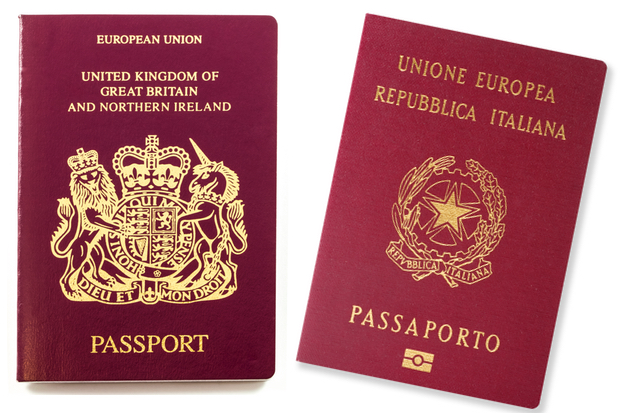

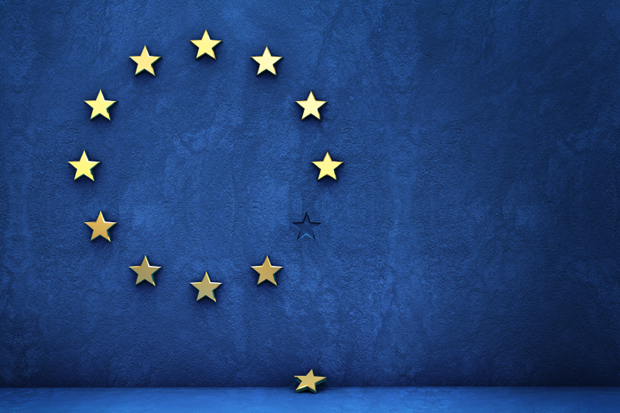
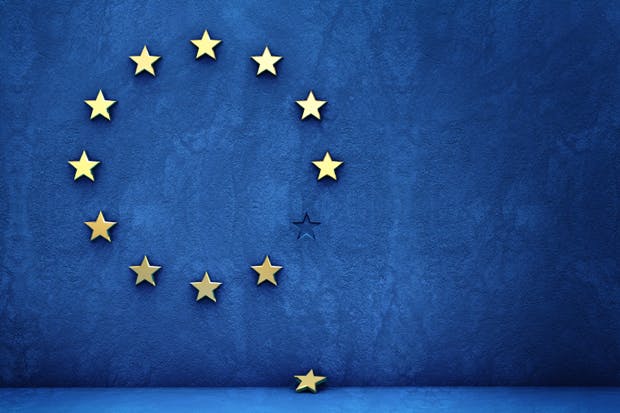
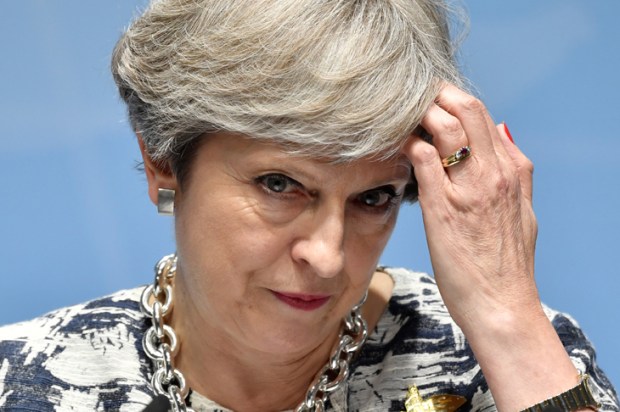
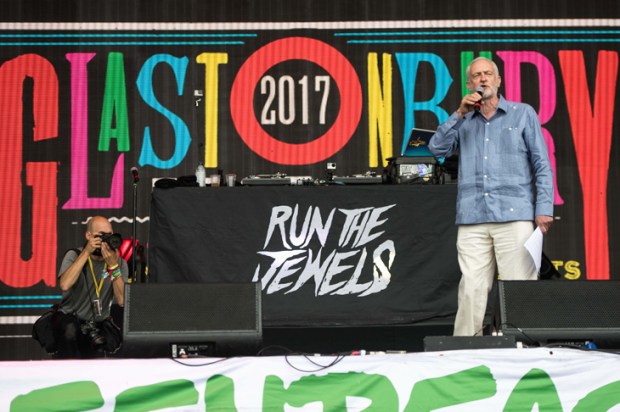
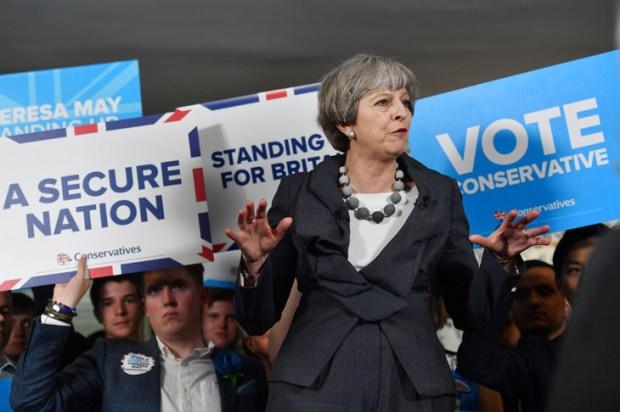






Comments
Don't miss out
Join the conversation with other Spectator Australia readers. Subscribe to leave a comment.
SUBSCRIBEAlready a subscriber? Log in